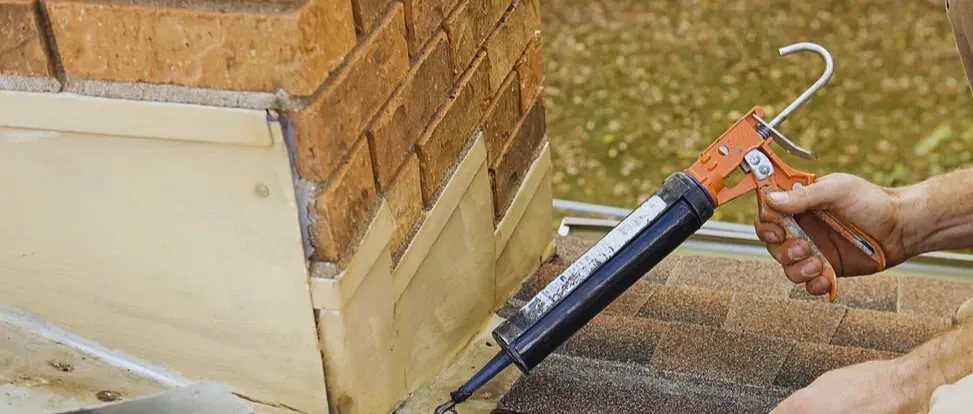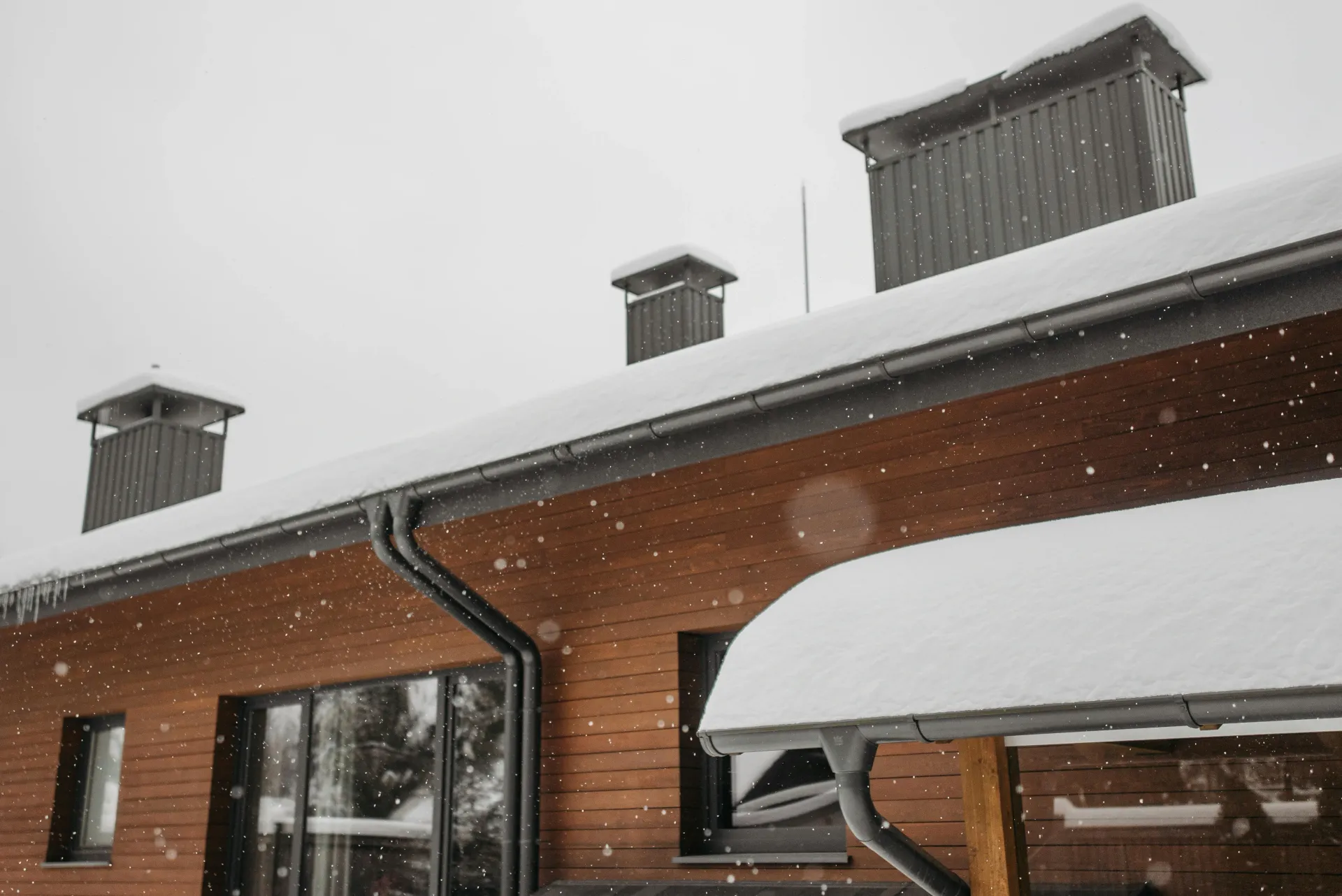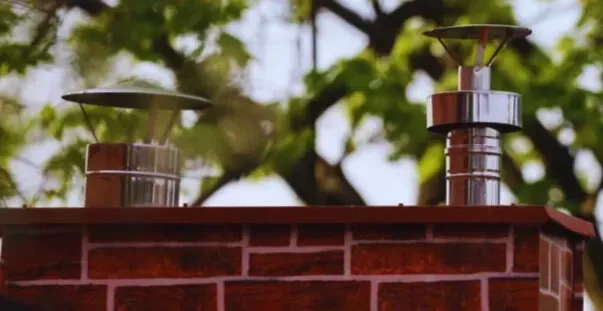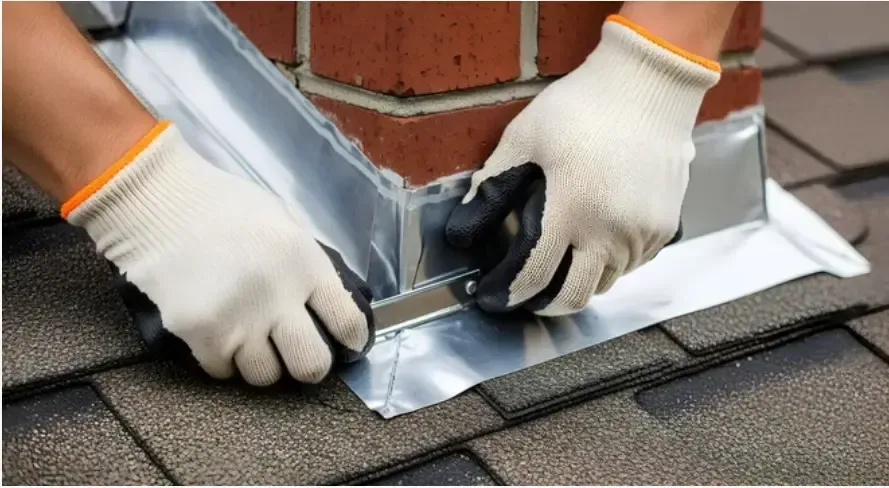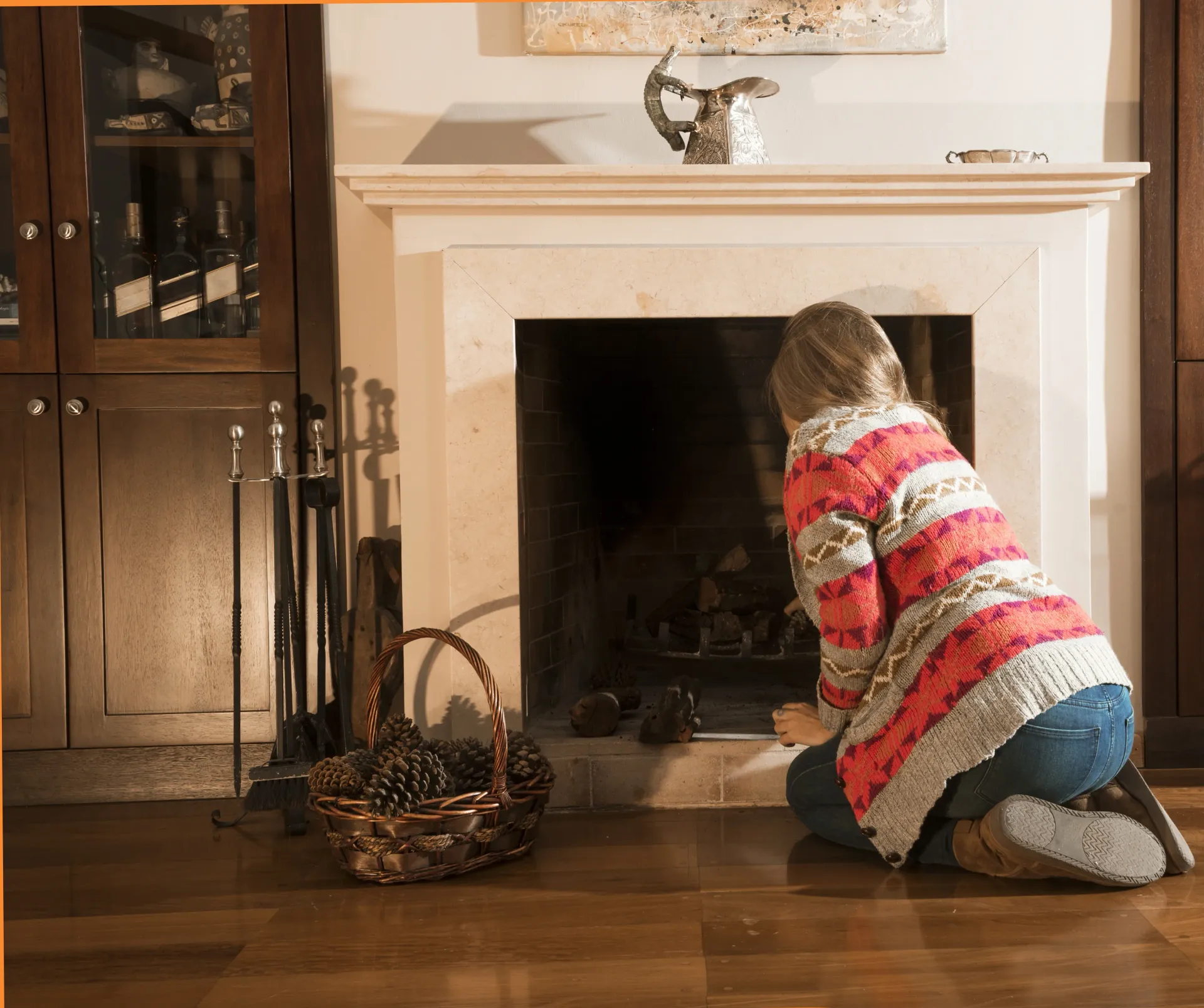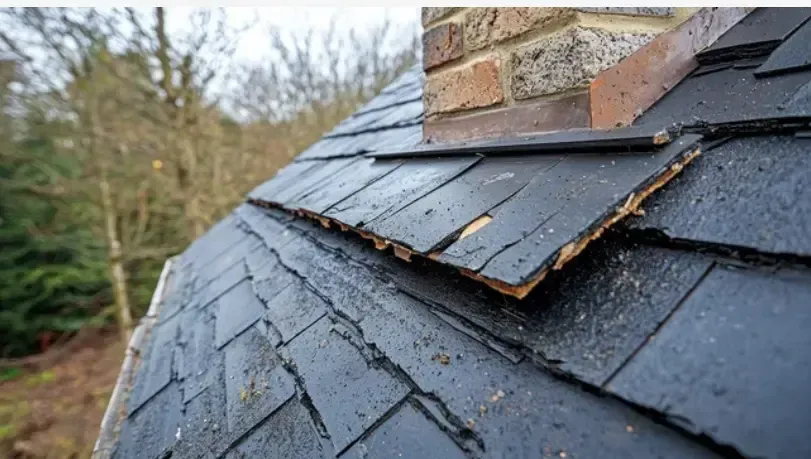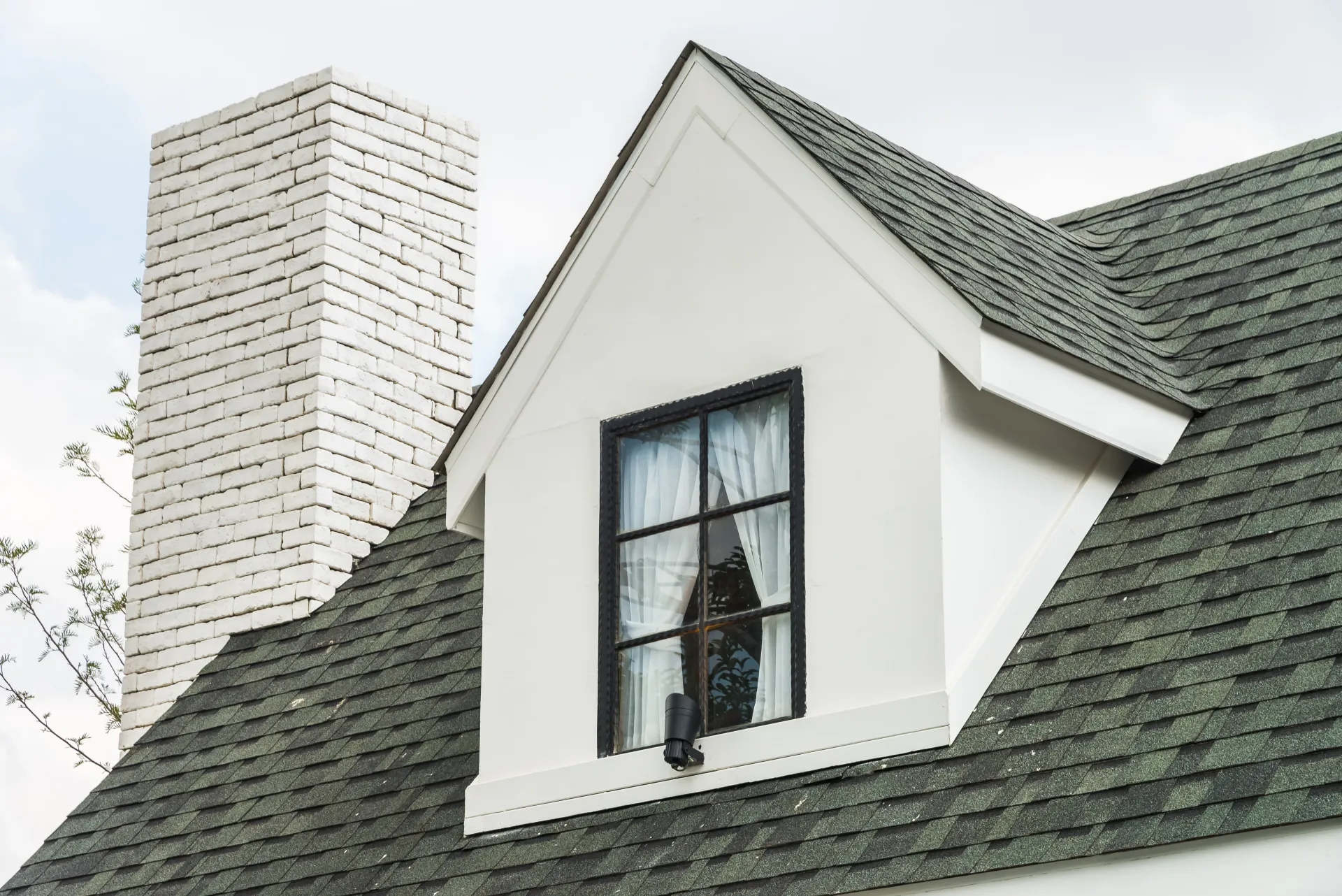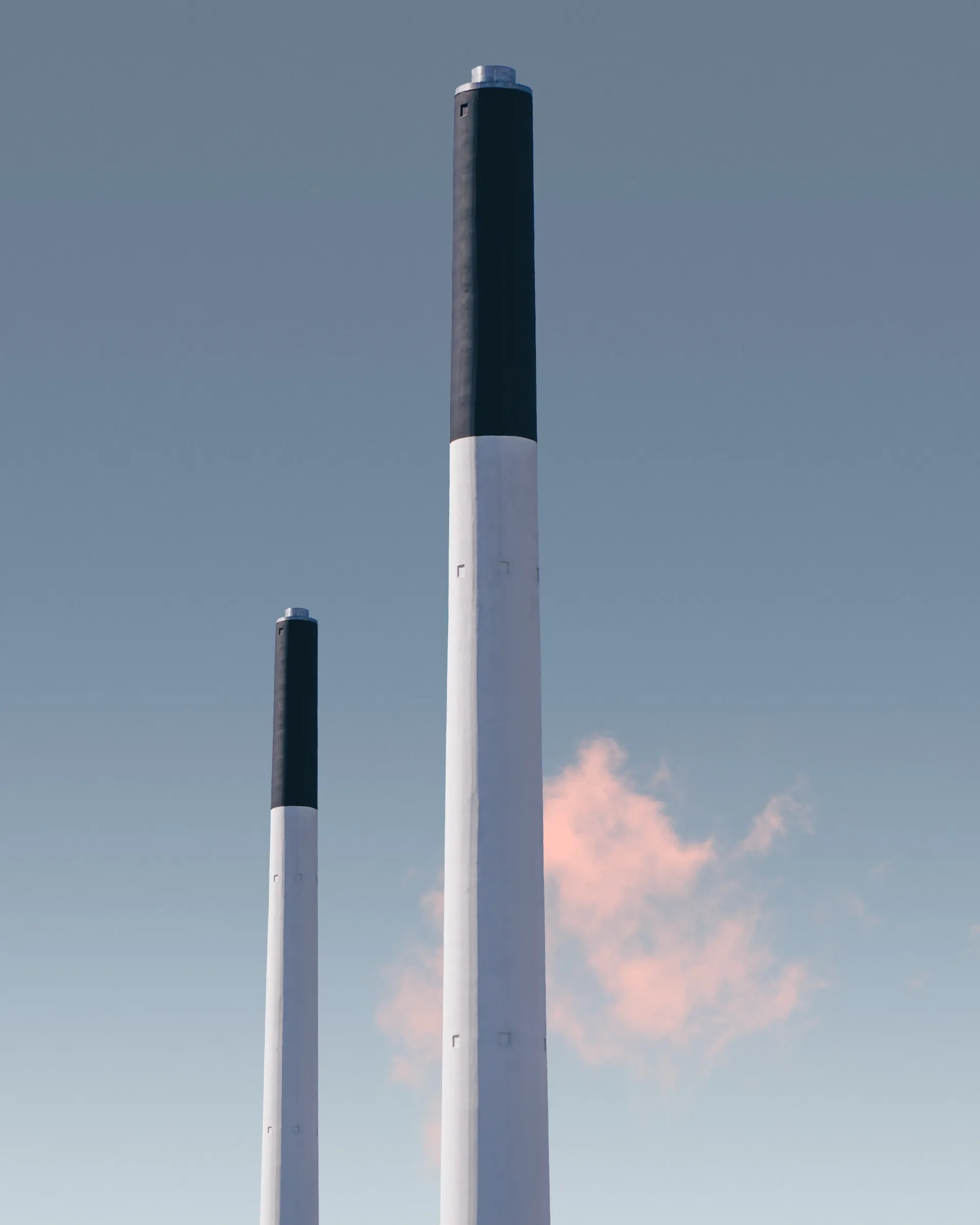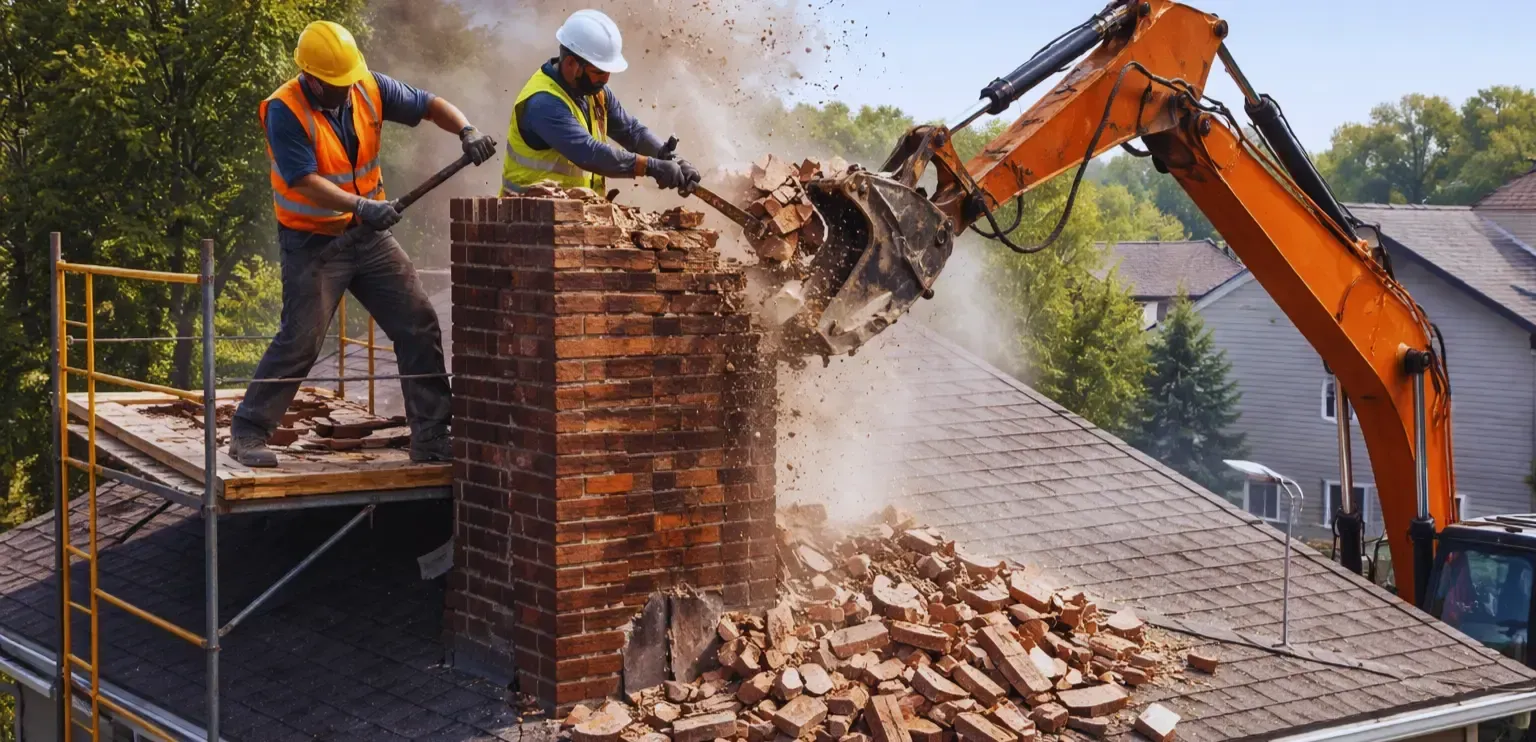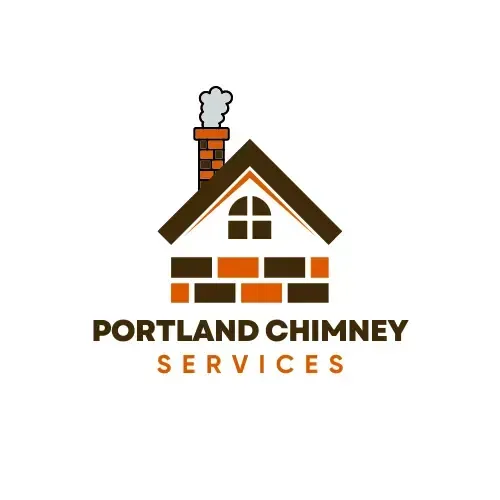Choosing the perfect wood stove for your home is more than just a buying decision — it's about comfort, efficiency, aesthetics, and long-term satisfaction. As more homeowners look for sustainable, reliable heating options, wood stoves have seen a tremendous resurgence. In this comprehensive guide, we’ll explore every aspect of selecting the right wood stove, helping you make an informed and confident choice.
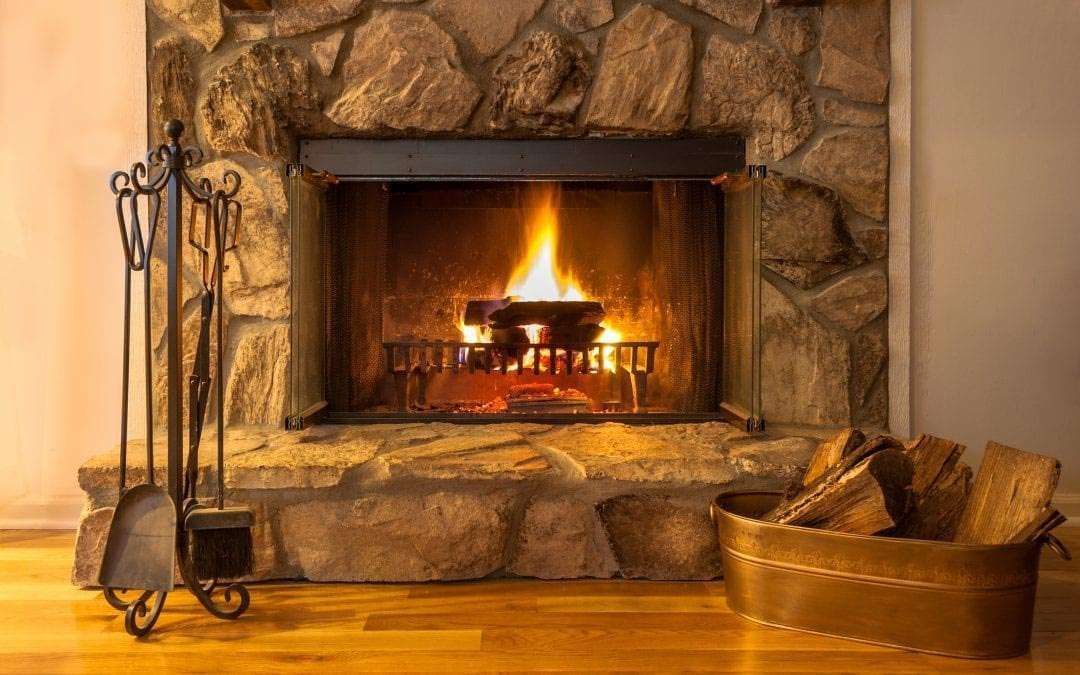
Choosing the Perfect Wood Stove
Wood stoves aren't just utilitarian appliances; they're the heart of many homes. From cozy evenings by the fire to the comfort of reliable heat during winter storms, a properly chosen wood stove can transform your living space.
Why Wood Stoves Are Gaining Popularity
The growing interest in sustainability and energy independence has fueled renewed popularity for wood stoves. Rising energy costs, unpredictable power grids, and a desire for eco-friendlier heating solutions make wood stoves an attractive alternative. Unlike electric or gas systems, wood stoves offer a sense of self-reliance—allowing homeowners to harness natural resources while enjoying the nostalgic charm of real flames.
Understanding Wood Stoves
Before diving into specifics, it's crucial to understand how wood stoves operate. At their core, wood stoves burn seasoned wood inside a firebox, producing radiant heat. The combustion process converts fuel into heat and minimal smoke if done efficiently. But not all wood stoves are created equal, and their functionality can vary greatly based on design, fuel type, and technology.
Types of Wood Stoves
Catalytic vs. Non-catalytic:
Catalytic stoves use a catalytic combustor that re-burns gases, making them more efficient but requiring more maintenance. Non-catalytic stoves, while slightly less efficient, offer simpler operation and lower upfront costs.
Pellet Stoves:
These burn compressed wood pellets, offering automated feeding and highly efficient combustion, ideal for homeowners seeking convenience.
Multi-Fuel Stoves:
Capable of burning wood, pellets, or other biomass fuels, multi-fuel models provide maximum versatility.
Masonry Heaters:
Massive and highly efficient, these stoves absorb heat and slowly release it for hours, ideal for larger homes.
Benefits of Wood Stoves
Cost Savings:
Heating with wood can be significantly cheaper than relying on electricity, oil, or propane, especially for rural homes with easy wood access.
Sustainability:
Wood is a renewable resource. When sourced responsibly, it leaves a smaller carbon footprint compared to fossil fuels.
Aesthetic Appeal:
Beyond their heating function, wood stoves add charm and ambiance to any room, becoming a beautiful focal point.
Sizing Your Wood Stove
One of the most common mistakes is purchasing the wrong size stove. Too large, and you'll overheat your home; too small, and you’ll struggle to stay warm. The right size depends on:
- Room dimensions
- Ceiling height
- Insulation quality
- Climate conditions
Typically, you'll need 20-25 BTUs per square foot. However, consulting a professional ensures proper calculations.
Materials Matter
Cast Iron:
Offers classic looks, excellent heat retention, but longer heat-up times.
Steel:
Heats up quickly and distributes heat evenly but cools faster than cast iron.
Soapstone:
Highly efficient in heat retention and slow release, perfect for consistent, long-term heating.
Style Considerations
From rustic cabins to sleek modern homes, wood stoves come in countless designs:
- Traditional cast iron models with intricate details.
- Sleek, minimalist designs for modern interiors.
- Wall-mounted or freestanding options.
Select a design that complements your décor and fits your personal taste.
EPA Certification and Efficiency
Today’s stoves must meet EPA emissions standards. An EPA-certified stove:
- Burns cleaner with fewer particulates.
- Offers greater fuel efficiency.
- Complies with local environmental regulations.
Safety Standards and Codes
Installation must follow strict safety guidelines to prevent hazards:
- Proper clearance from walls and combustibles.
- Fire-resistant hearth pads.
- Compliance with local building and fire codes.
Always check with a local authority or certified installer to meet all legal requirements.
Chimney Considerations
An often-overlooked component, your chimney plays a critical role:
- Must be properly sized for your stove.
- Should meet height and clearance regulations to ensure proper draft.
- Regular maintenance prevents creosote buildup and chimney fires. Partner with a trusted Chimney Service for regular inspections.
Ventilation Needs
Wood stoves require adequate oxygen to function efficiently. Proper airflow prevents:
- Backdrafting
- Smoke spillage
- Incomplete combustion
Newer airtight homes may require an outside air intake for safe operation.
Installation Requirements
While DIY installation might seem tempting, professional installation is highly recommended. Certified professionals ensure:
- Code compliance
- Proper venting
- Safety for your home and family
Consider contacting a trusted professional via Contact.
Maintenance Essentials
To maximize performance and longevity:
- Schedule annual chimney inspections.
- Clean stove glass regularly.
- Replace worn door gaskets.
- Remove ash buildup carefully.
Fuel Types
Optimal burning requires seasoned hardwoods like oak, maple, and hickory:
- Less moisture equals hotter, cleaner burns.
- Softwoods ignite faster but burn quicker, producing more creosote.
Avoid burning wet or green wood to prevent chimney issues.
Wood Storage Solutions
Properly stored wood ensures efficient burning:
- Stack wood off the ground to avoid moisture.
- Cover the top while allowing airflow on the sides.
- Season wood for at least 6-12 months.
Environmental Impact
Sustainably harvested firewood creates a much smaller environmental footprint compared to fossil fuels. Modern EPA-certified stoves burn 70-80% cleaner than older models, significantly reducing particulate emissions.
Smart Stove Technology
Technology has arrived even in wood stoves:
- Remote-controlled dampers
- Integrated thermostats
- Combustion sensors for optimal burning
These smart features improve efficiency and safety.
Cost Breakdown
Initial Purchase: $1,000 – $4,000 depending on size and brand.
Installation: $1,500 – $3,500, depending on chimney work needed.
Maintenance: $200 – $400 annually for chimney sweeping and inspections.
Warranty and Support
Look for:
- Minimum 5-year firebox warranty.
- Readily available replacement parts.
- Accessible customer service.
Where to Buy
- Local specialty dealers offer installation packages and expert advice.
- Online retailers often provide competitive pricing but require caution with installation.
The Role of Chimney Services
Routine chimney service is vital. Regular inspections prevent creosote buildup, ensure draft efficiency, and extend your stove’s life. Work with a certified Chimney Service for peace of mind.
Common Mistakes to Avoid
- Ignoring proper sizing.
- Skipping professional installation.
- Burning green or wet wood.
- Neglecting chimney maintenance.
Troubleshooting Tips
- Smoke leakage: Check seals and chimney draft.
- Poor heat output: Inspect for creosote buildup.
- Backdraft issues: Ensure adequate ventilation.
Enhancing Home Décor
Position your wood stove as a design feature:
- Centerpiece for open-concept rooms.
- Rustic stone hearths for cabins.
- Sleek glass-fronted units for modern aesthetics.
Safety Accessories
- Fire-resistant gloves.
- Carbon monoxide detectors.
- Protective hearth screens.
- Heat-proof tools for loading and ash removal.
Preparing for Emergencies
Wood stoves offer reliable heat during power outages. Stock up on:
- Dry firewood.
- Battery-powered CO detectors.
- Emergency lighting.
User Testimonials
Many homeowners express immense satisfaction:
"Our Vermont Castings stove has been our winter lifesaver for over a decade!"
"Thanks to our masonry heater, we cut our heating bill in half last year."
Expert Consultation
When in doubt, always consult with licensed professionals. Scheduling a consultation via Contact ensures expert guidance for installation and safety.
FAQs
How often should I clean my chimney?
At least once a year or after every two cords of wood burned.
Can I install a wood stove myself?
Professional installation is strongly recommended for safety and code compliance.
Is burning wood bad for the environment?
When sourced responsibly, wood is a renewable, carbon-neutral resource.
What size stove do I need?
Use your home's square footage and insulation level to calculate BTU needs.
Can wood stoves heat an entire house?
In many cases, yes—especially open-concept layouts or with proper stove placement.
Are wood stoves safe?
When installed correctly and maintained properly, modern wood stoves are very safe.
Conclusion
Choosing the perfect wood stove requires careful consideration, but the rewards are well worth it. With proper planning, professional installation, and ongoing maintenance, your wood stove will provide warmth, beauty, and efficiency for decades to come.
Links:
